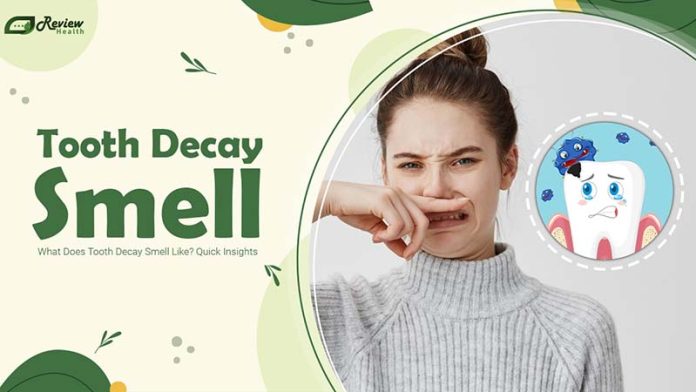Bad breath, scientifically termed halitosis, affects roughly 50% of adults at some point. It often stems from temporary causes, such as poor oral hygiene. However, persistent bad breath may indicate deeper issues like cavities or underlying medical conditions. What Does Tooth Decay Smell Like? Cavities, in particular, provide hiding spots for bacteria, exacerbating the odor. To combat this, maintaining good oral hygiene is key. Let’s explore how cavities contribute to bad breath and discover effective remedies on Review Health
Does Tooth Decay Have a Bad Smell?
A cavity, or tooth decay, can indeed contribute to bad breath indirectly. Individuals may notice a persistent sour or bitter taste in their mouth despite regular brushing, a sensation not limited to any specific age group, including children.
Tooth decay occurs when enamel breaks down, forming small holes in the tooth. This process is initiated by the accumulation of plaque—a sticky bacterial film—on the tooth’s surface. Plaque thrives on starchy and sugary substances, converting them into acids that erode enamel over time.
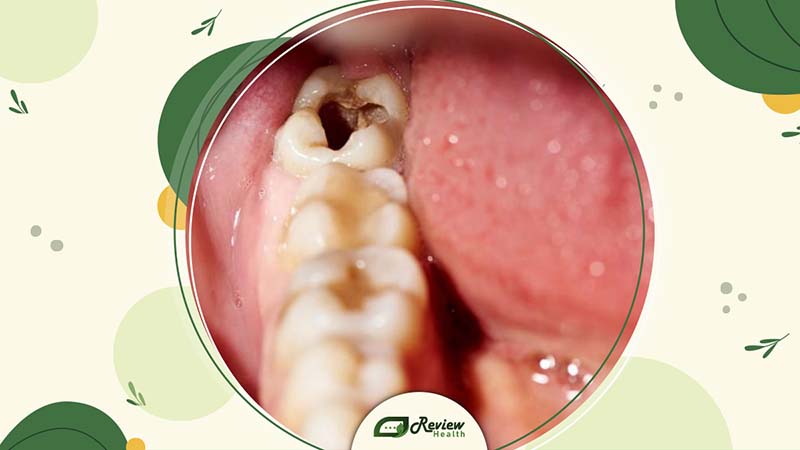
While not all oral bacteria are harmful, some emit unpleasant odors or tastes. This is particularly true for the bacteria associated with plaque formation in cavities. Rather than emanating directly from the cavity, the unpleasant smell may stem from the bacteria dwelling within it.
Moreover, a recent review from 2021 highlights that bacterial buildup on the tongue is another prevalent cause of bad breath. It’s conceivable that this biofilm may contain the same odor-producing plaque found in cavities.
Find Out:
- Can Tooth Decay Cause High Blood Pressure?: Find Out Now For Timely Solutions
- Can Tooth Decay Cause Headaches? How to Treat It?
What Does Tooth Decay Smell Like?
It’s crucial to clarify that a cavity does not inherently emit an odor. When bad breath is linked to a cavity, it’s typically the result of bacteria present in plaque buildup. Descriptions of this odor often liken it to the smell of sulfur.
Why Does Tooth Decay Smell Bad?

The foul smell associated with tooth decay, often described as sulfurous, arises from the breakdown of enamel and dentin. As bacteria feed on these materials, they produce gases that are released into the oral cavity, resulting in the characteristic unpleasant odor commonly observed with cavities and decayed teeth.
How to Get Rid of Tooth Decay Smell at Home
A robust oral hygiene regimen serves as a cornerstone in addressing bad breath linked to cavities while mitigating the risk of further dental decay. Consider the following steps:
- Brush Regularly: Brush your teeth twice daily with a toothpaste containing fluoride. Ensure each brushing session lasts for a minimum of 2 minutes.

- Floss Daily: Incorporate daily flossing into your routine to remove plaque and food particles from between your teeth and along the gumline.
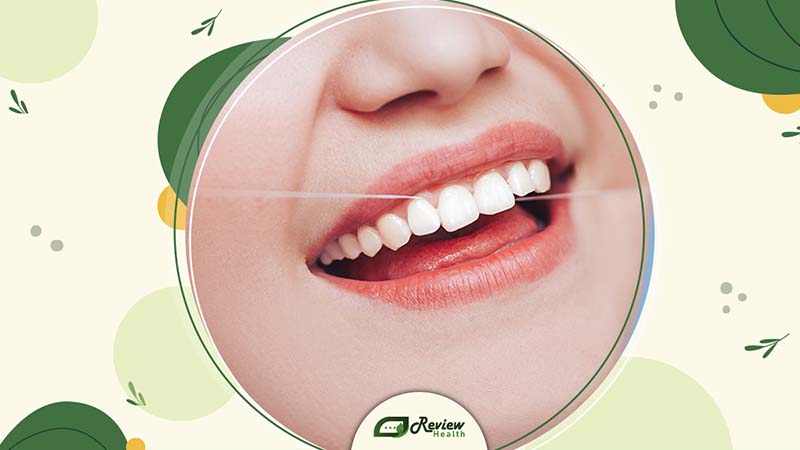
- Mouthwash Rinse: Use a fluoride mouthwash to rinse your mouth after brushing and flossing, helping to strengthen enamel and reduce bacterial growth.
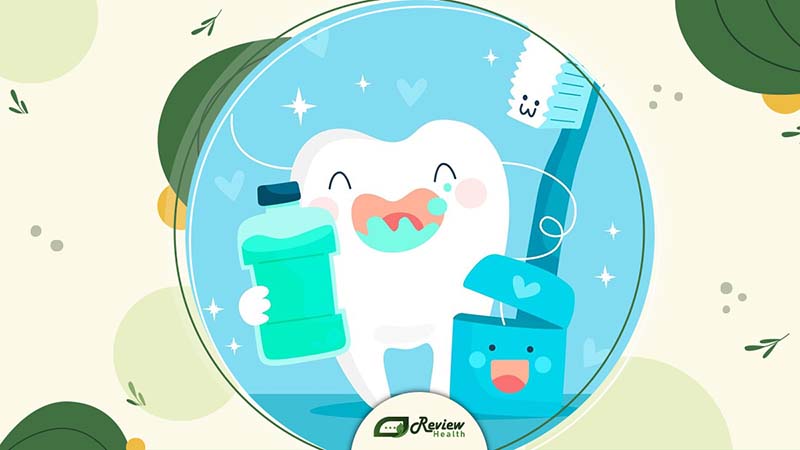
- Limit Sugary Intake: Reduce consumption of sugary foods and beverages, as they can fuel bacterial growth and exacerbate tooth decay.

- Opt for Healthy Snacks: Incorporate crunchy, nutritious foods like apples or carrots into your diet, as they can help clean teeth naturally.
- Stay Hydrated: Drink water throughout the day to maintain saliva production, which aids in rinsing away food particles and bacteria.
- Chew Sugar-Free Gum: Chewing sugar-free gum can stimulate saliva flow, helping to prevent dry mouth and reduce bad breath.
- Avoid Tobacco: Refrain from using tobacco products, as they can contribute to dry mouth and worsen bad breath.
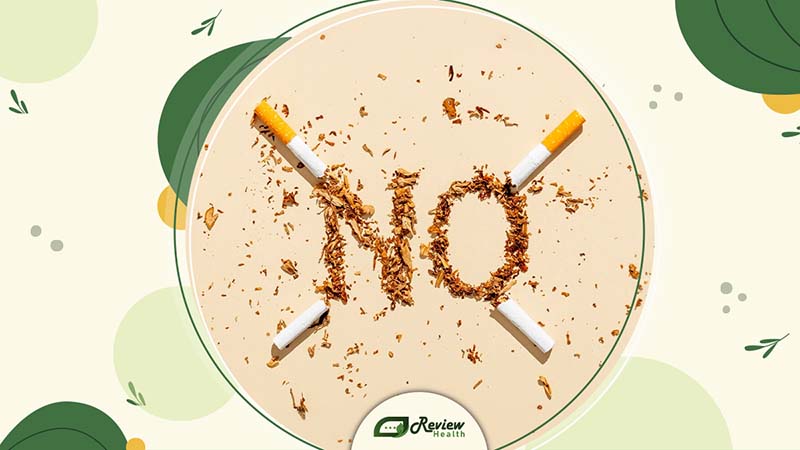
Dig deeper: Learn How to Prevent Tooth Decay Naturally With Just 13 Simple Ways
Conclusion
In conclusion, to address the question “What Does Tooth Decay Smell Like?“—while tooth decay does not inherently emit an odor, the bacteria harbored in cavities are the culprits behind bad breath. Effective oral hygiene practices such as regular brushing, flossing, and reducing sugary food intake are essential for preventing the formation of these bacteria and combating the unpleasant odors they produce. By maintaining these routines diligently, one can ensure oral health and avoid the complications associated with tooth decay and halitosis.
Reference article: WHY DO ROTTEN TEETH SMELL? YOUR FAQS ABOUT TOOTH DECAY EXPLORED BY HARLEY STREET DENTAL

